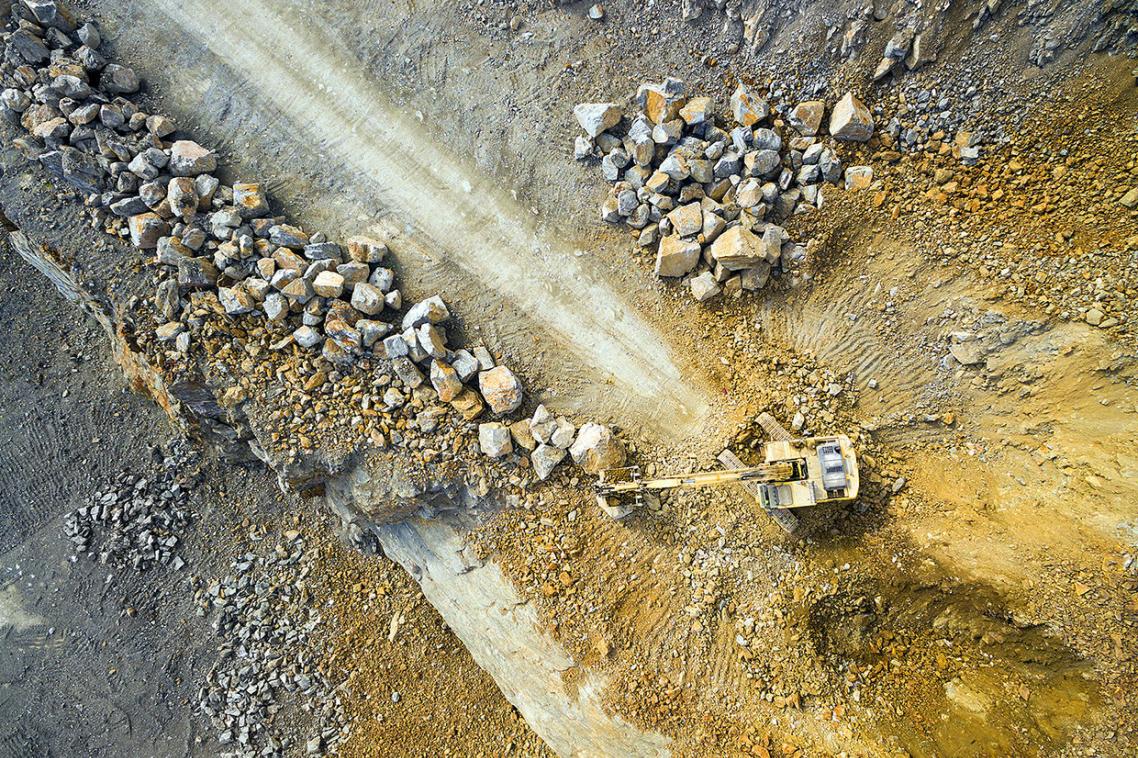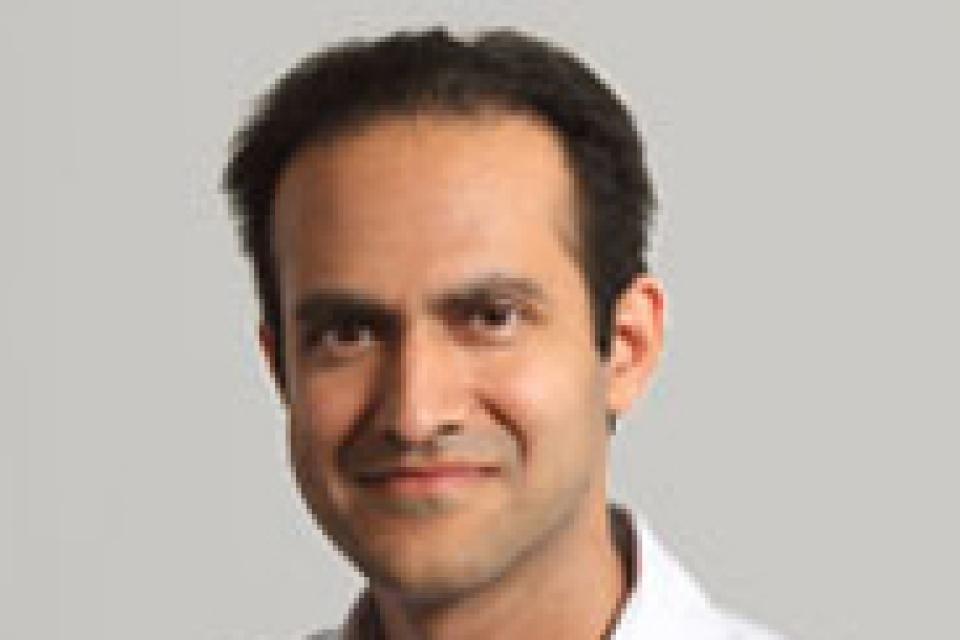Minerals demand requires global approach

Transition to a low-carbon society will result in enormous demand for minerals to manufacture clean technologies, creating the need for a global resource governance framework, according to research published today.
Professor Saleem H. Ali, who contributed to the research while he was Chair in Sustainable Resource Development at The University of Queensland, said metals and minerals were needed for laptops, mobile phones, electric cars, solar panels and household copper wire.
Despite this need, there were no international supply assurance mechanisms
“This means we need global resource governance and a sharing of geoscience data to address supply issues,” he said.
“There are treaties on climate change, biodiversity, migratory species and even waste management of organic chemicals, but there is no international mechanism to govern how mineral supply should be coordinated.”
Professor Ali and an international team of researchers have published a paper on the issue in the journal Nature.
“We found that mining exploration was not keeping up with future demand for minerals, and recycling would not be able to meet the demand either,” Professor Ali said.
“Companies are responding to short-term pricing signals for stock value rather than long-term demand horizons.”
Professor Ali said he hoped the paper was the first step toward a solution that could empower nations to plan for mineral scarcity through international governance mechanisms.
“Countries where many rare minerals are likely to be found may have poor governance, making them a higher risk for supply,” he said.
The research was supported by UNESCO, the International Union of Geological Sciences and the International Council of Science Unions, and involved other Australian researchers from the University of Technology Sydney, the CSIRO and the University of Western Australia.

Media: Professor Saleem H. Ali, s.ali3@uq.edu.au, +1-802-338-0440.
Related articles

New data reveals how Australia’s threatened reptiles and frogs are disappearing – and what we have to do

Sunlight-powered breakthrough turns methane into valuable ethylene
Media contact
UQ Communications
communications@uq.edu.au
+61 429 056 139
